As a backyard birder, you must have seen a fledgling bird looking starved and hopeless. They flutter their wings and sadly seek attention from their parents, who seemingly are somewhere else or are hard-hearted. We tend to have a strong desire to take good care of these fluffy birds. In this article we’re exploring what baby birds eat, and what you should do if you find a baby bird that you think may need some care.
It is essential to know the special needs of a baby bird’s diet. We must also know what to feed them for the best nutrition. Let’s dive right in and learn some more.
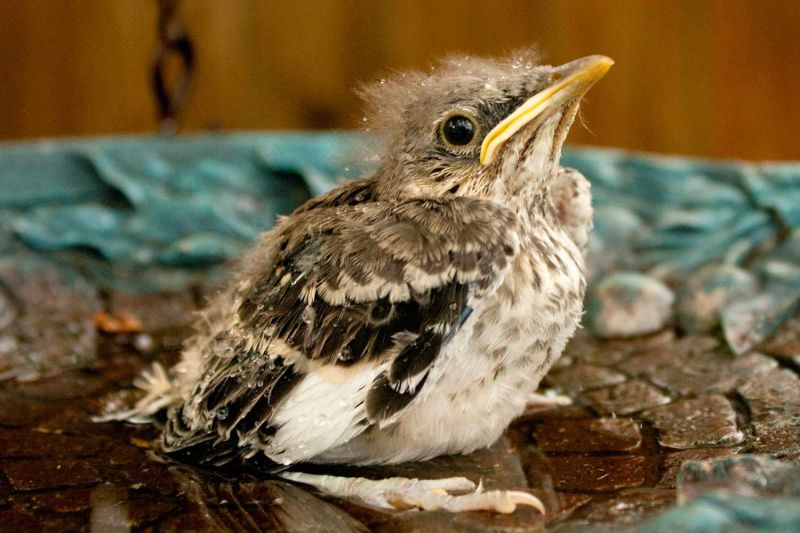
Found a baby bird? Here’s what to do
A wild baby that has grown nearly all of its feathers can hop around. If it is fledgling or has already fledged, it may even fly a bit. In most cases, the baby bird in this stage of development should be out of the nest and trying to climb up into small trees.
After reaching a full body weight, the baby bird starts to fly over short distances. That’s when you can easily find some lost in your backyard. Unfortunately, the mortality rate for these little birds is often high as they can become prey for nearby dogs, cats, and others.
Therefore, it is essential to keep your pets locked in their houses for few days in case you find the baby bird around. Alternatively, you can take the baby bird to your neighbor’s yard if they don’t have such pets.
The baby bird will call its parents, and they’ll come to give them food and probably fly later. Most of the time, we tend to think that its parents have left the baby bird. But if you leave the little bird alone and wait for few minutes, you may likely see one of the parents coming over to feed it.
Generally, baby birds often feed on what their parents eat. Even though we may have good intentions about looking after a baby bird, it can be pretty hard to do so. Thus, it is advisable to leave it in a safe place or call a wildlife rehabilitator. In fact, there are some countries where it is against the law to possess a bird or even its feather.
If the baby bird is on the ground, you get it back to the nest instead of taking care of it yourself. And if the nest is disturbed, try to repair it and place the baby birds after securing it on a tree.
The adult birds may try to abandon the nest when they see you near it. However, they’ll use their powerful instinct to come to feed and keep their offspring warm in shifts.
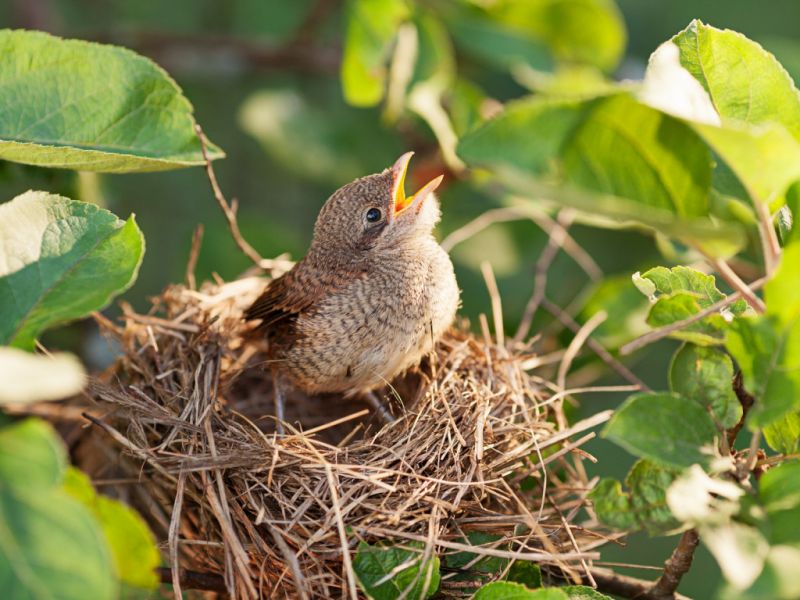
Do I need to give this baby bird food?
Baby birds often have pretty tough dietary needs. They may eat after every 10-20 minutes for about 12-14 hours each day. However, this may vary depending on their type of species and age. Most of a baby bird’s diet must be rich in proteins supplied by insects for healthy growth.
No one except an approved bird rehabilitator has the right food, equipment, food supplements, or the patience to maintain such a frantic feeding plan. So, it would be best to take the baby bird to a suitable bird rescue organization.
If you find a baby bird that has not been fed and looks to be growing weaker and lazy, it’s advisable not to feed it. That’s because you may do more harm than good. You can put water in a shallow container and let the baby bird drink but don’t force it. More importantly, contact a local licensed rehabilitator who will give it proper care.
You may as well request their evaluation of the bird before you try any emergency feeding. When you are asked to feed the baby bird, the bird rehabilitator may have specific suggestions which you must follow precisely.
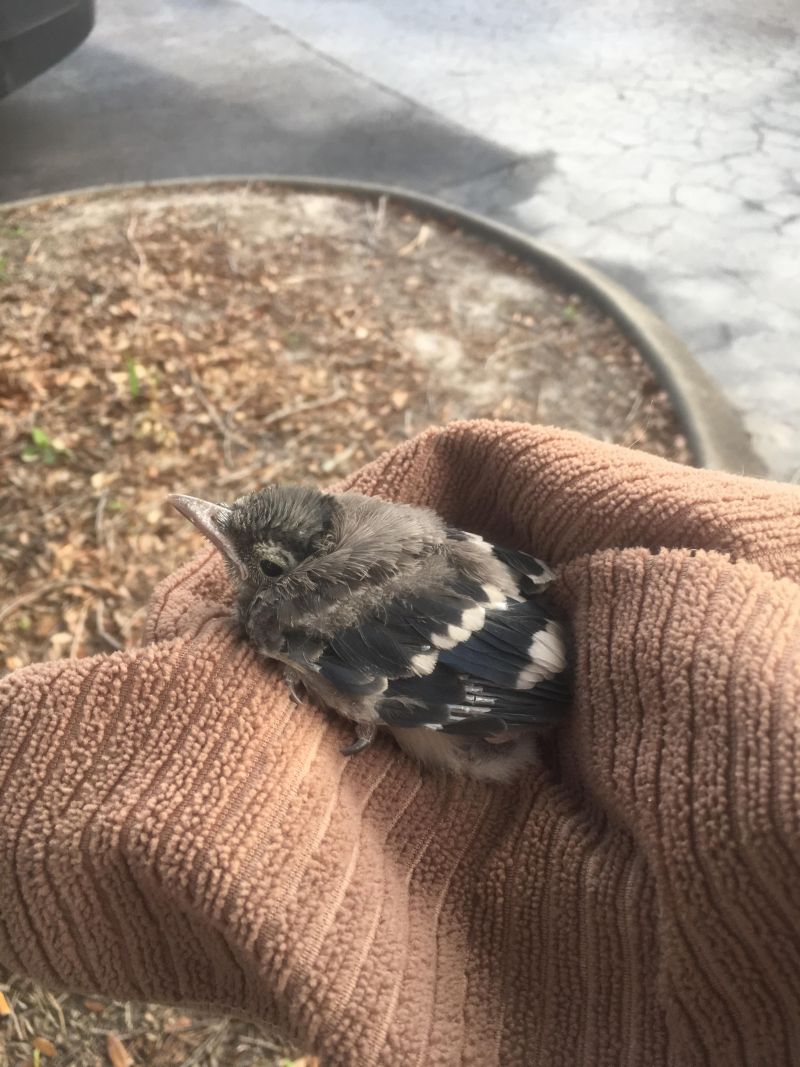
What if feeding is essential?
Typically, baby birds rely on the food that their parents regurgitate into their mouths. That’s important as the offspring can’t break down food by themselves. Therefore, their parents need to partly digest the food to make it soft and safe for the chicks.
Aside from that, baby birds depend on their parents for instruction on how to become functional. Thus, if you get a baby bird wandering on the ground, take it back to the nest instead of taking care of them yourself. And in case you’re unable to return it to the nest, remember to call a bird rehabilitation center that can look after it.
After finding a baby bird, you may not be able to contact a wildlife or bird rehabilitator. Or you have a license that allows you to raise domestic birds or other wild animals. In either case, it is vital to know what baby birds eat to give them the essential nutrients needed for their well-being.
Naturally, baby birds feed on the same things their parents eat. These may include insects, seeds, and worms. The chicks can eat a variety of types of food when taken good care of by the person who found them.
Although every wild bird has its own diet set, various foods can act as emergency rations if needed. It is also important to note that baby birds have quite different nutritional demands than adult birds. In other words, what an adult bird feeds on may cause serious harm to the offspring. So, the foods that you usually give your backyard birds are not ideal for younger birds.
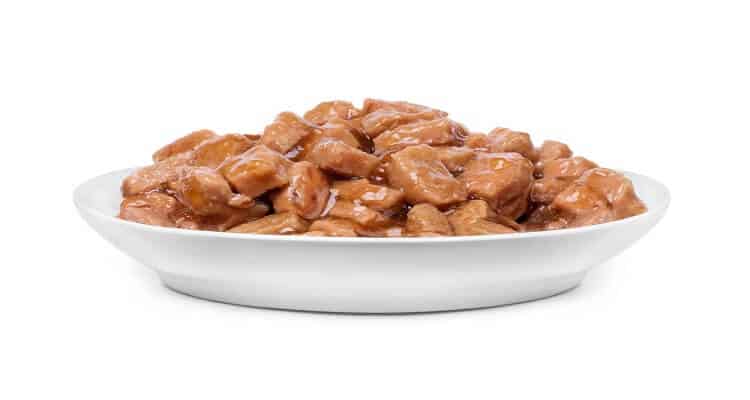
Suitable foods for baby birds
1. Moist Dog Food
One of the easiest recipes for a baby bird involves moistening pet food using water. Simply soak dog kibble or biscuits in water to make a mushy consistency that the baby bird can eat and digest with ease. Such food tends to have the same texture provided by their parents. Plus, it is a high-protein source which is very important for nestling young birds.
2. Boiled Eggs
Boiled eggs are an incredible option for proteins needed for the growth of baby birds. They are soft, and the young wild birds can easily eat and digest. Be sure to boil the eggs pretty well and remove the shell for easy feeding.
3. Raw liver with no seasoning
4. Wet cat food
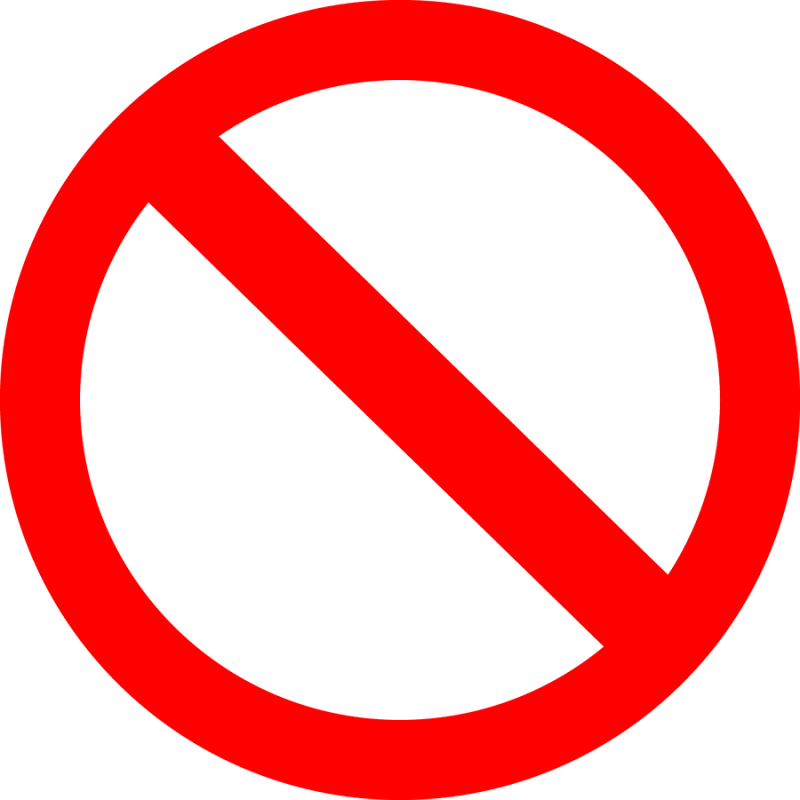
Foods not to feed baby birds
- Water
- Milk
- Humbugger – as it is has a lot of fats that the birds may not digest.
- Bread and other bakery products
- Whole dry birdseed
- Kitchen waste
- Pet bird food
- Whole worms and insects
Handy Tips for Feeding Baby Birds
When feeding a baby bird, have the following tips in mind:
- The food you give a baby bird should have a spongy texture. If you don’t moisten it using water, the food can easily chock or drown the baby bird. As a rule of thumb, soften all dry foods before giving them to a baby bird.
- Make sure the food offered always has a room temperature. Never heat or warm it and don’t refrigerate or freeze the food.
- Give the baby bird the food in small amounts and proportional to the bird’s size. So, ensure you crush or cut the food to an approximate quantity that fits the baby bird’s size.
- Always handle the bird with utmost care and little force to reduce the risk of extra injury or initiate fear. It would be best if you never force a little bird to eat by any means, like opening the mouth forcefully.
- A syringe or a plastic spoon can help you feed the baby bird efficiently.
Bottom Line
Feeding a baby bird must serve only as an emergency measure. If you notice a baby bird is lost or requires any care, it would be wiser to take it to the local bird rehabilitation center. Or you can contact experienced and licensed rehabbers as quickly as possible.
These bird rescue teams know what baby birds eat. Hence, they provide the baby birds with an appropriate diet ideal for their growth and development. Other than that, they can use their experience to help the baby bird find food and escape from predators. What’s more, the bird can also learn other vital skills for a prosperous life ahead.
Related
- Continuing our series of what different birds like to eat, in one of our latest articles we explore what woodpeckers like to eat (besides your trees). Check it out!
- Curious about a predatory bird’s diet? Check out a sample hawk dish in What Do Hawks Eat?
Leave a Reply